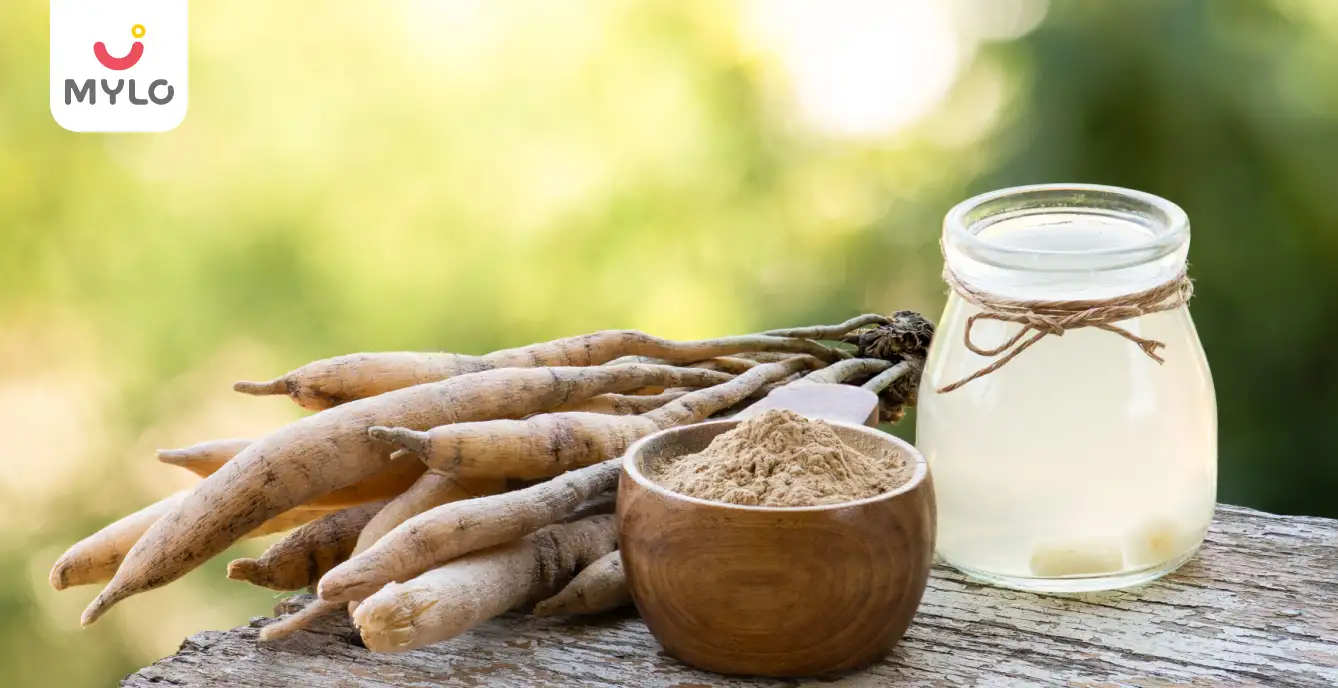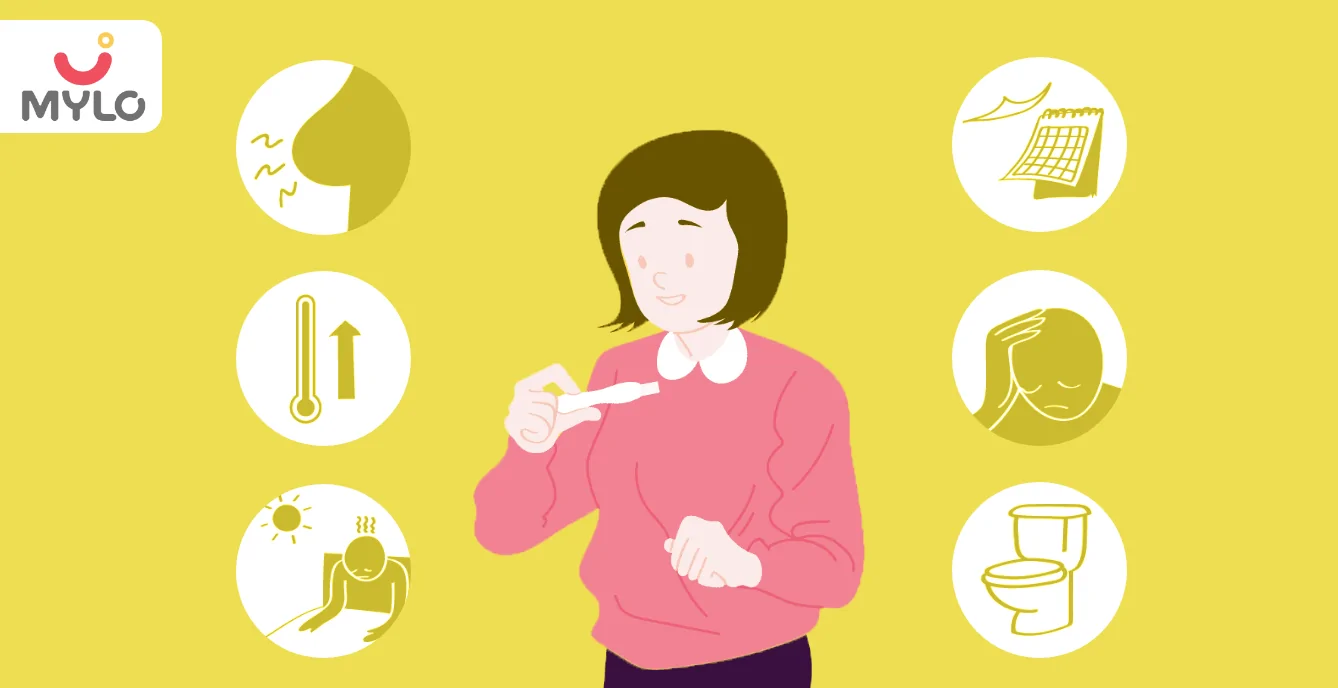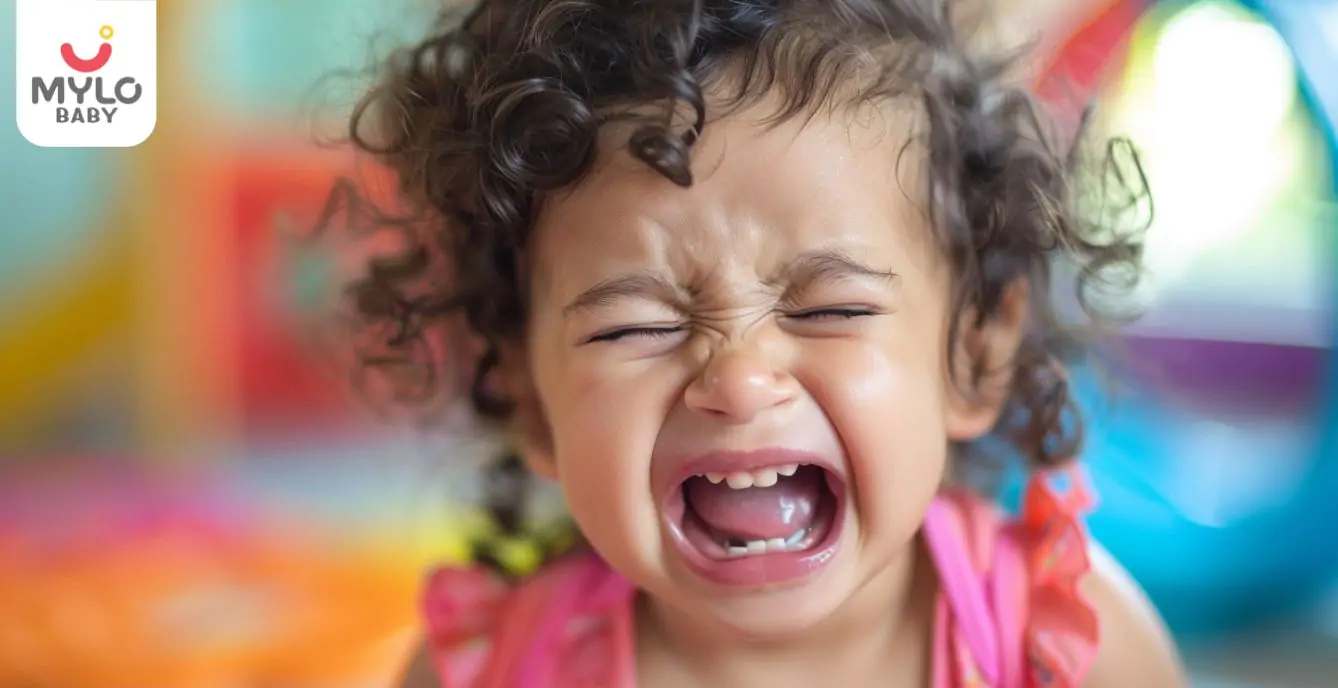Home

Breastfeeding & Lactation

The Dos and Don'ts of Drinking Alcohol During Breastfeeding
In this Article

Breastfeeding & Lactation
The Dos and Don'ts of Drinking Alcohol During Breastfeeding
Updated on 20 December 2024
As you navigate the wonderful world of motherhood, you may have questions about how alcohol fits into your breastfeeding journey. It's natural to wonder about enjoying a glass of wine or a cocktail while ensuring the best for your little one. In this article, we'll delve into the dos and don'ts of drinking alcohol during breastfeeding, providing you with the knowledge to make informed choices without compromising your baby's well-being.
Can a breastfeeding mother take alcohol?
Breastfeeding mothers often wonder can I drink alcohol while breastfeeding. Alcohol has the potential to pass into breast milk, which means it can be ingested by the baby. However, the amount of alcohol that reaches the baby is typically low and depends on several factors such as the amount of alcohol consumed, the time elapsed since consumption, and the mother's metabolism. It's important to note that excessive alcohol consumption can have negative effects on both the mother and her baby.
What's the relation between alcohol and breastfeeding?
When a breastfeeding mother consumes alcohol, it enters her bloodstream and is eventually metabolized by the liver. As alcohol is a toxin, the body prioritizes its elimination. The alcohol present in the breast milk can affect the baby's sleep patterns, motor skills, and overall development. It can also impair the let-down reflex, reducing milk production.
Another concern is the potential impact of alcohol on the baby's brain development. Studies have shown that excessive alcohol intake during breastfeeding can contribute to long-term cognitive and behavioral issues in children. Therefore, it is crucial for breastfeeding mothers to exercise caution when consuming alcohol.
What about wine during breastfeeding?
Wine is a popular choice for many people when it comes to alcoholic beverages. Breastfeeding mothers may wonder if it is safe to enjoy a glass of wine while nursing. The answer is yes, but moderation is key. It is generally recommended to wait for at least two hours after consuming a glass of wine before breastfeeding.
The amount of alcohol in breast milk peaks around 30-60 minutes after consumption and then gradually decreases. By waiting a few hours, the alcohol concentration in breast milk will decrease further, reducing the potential risks to the baby. Additionally, it is advisable to limit wine consumption to one glass and ensure that it is a low-alcohol variety.
Can I drink beer while breastfeeding?
Beer is another popular choice for many individuals, and breastfeeding mothers may wonder if they can enjoy a beer without harming their baby. Like wine, it is generally safe to drink beer in moderation while breastfeeding. However, it is important to be mindful of the alcohol content and the quantity consumed.
The general guideline is to limit beer consumption to one standard drink, which is equivalent to 12 ounces or approximately 355 milliliters. Additionally, it is advisable to wait for a couple of hours after consuming beer before breastfeeding. This allows the body to metabolize the alcohol, reducing the concentration in breast milk.
Risks of alcohol during breastfeeding
Before you reach for that glass of wine or mug of beer, it’s important to understand the risks of drinking alcohol while breastfeeding:
1. Reduced milk production
Alcohol can interfere with the hormones that regulate milk production, leading to a decrease in milk supply.
2. Altered taste and smell of breast milk
Babies may refuse to nurse or show a decreased interest in breast milk if it has a different taste or smell due to alcohol consumption.
3. Disrupted sleep patterns
Alcohol can affect the baby's sleep, making them more restless or wakeful during the night.
4. Impaired motor development
Excessive alcohol consumption during breastfeeding can affect the baby's motor skills and coordination.
5. Long-term cognitive and behavioral issues
Studies have shown a correlation between excessive alcohol intake during breastfeeding and long-term cognitive and behavioral problems in children.
You may also like: Green Tea During Breastfeeding: Do's and Don'ts for New Mothers
Precautions to follow if you decide to drink alcohol while breastfeeding
If you just can’t resist drinking and have made up your mind to enjoy some alcohol, then please do follow these precautions for the wellbeing of you and your baby:
1. Plan ahead
If you know you will be consuming alcohol, consider pumping and storing breast milk beforehand. This way, you can feed your baby with the stored milk while the alcohol is being metabolized.
2. Time your drinks
Allow a sufficient amount of time for your body to metabolize the alcohol before breastfeeding. Waiting at least two hours after consuming a standard drink is generally recommended.
3. Monitor your baby's reaction
Pay attention to how your baby responds to breast milk after you have consumed alcohol. If you notice any unusual behavior or changes in appetite, it may be best to abstain from alcohol until you consult with a healthcare professional.
4. Limit your intake
Stick to moderate alcohol consumption. It is generally recommended to limit yourself to one standard drink if you choose to drink while breastfeeding.
5. Stay hydrated
Drinking alcohol can lead to dehydration, which can affect milk production. Ensure that you drink plenty of water or other hydrating fluids to maintain adequate milk supply.
You may also like : 17 Foods to Avoid While Breastfeeding The Ultimate Guide for New Moms
Alternatives to alcohol for breastfeeding mothers
If you prefer to avoid alcohol altogether while breastfeeding, there are plenty of alternatives to consider. Non-alcoholic beer and wine options are available, which offer the taste and experience without the alcohol content. Mocktails, which are alcohol-free cocktails, can also be a fun and refreshing choice.
You can also explore the world of flavorful herbal teas. There are numerous options that are safe and enjoyable during breastfeeding. Chamomile, peppermint, and ginger teas are popular choices that offer a range of benefits and flavors.
You may also like: Diet Chart for Breastfeeding Mothers: The Ultimate Guide to Optimising Your & Your Baby's Nutrition
The Bottomline
Mothers can enjoy alcohol during breastfeeding but in moderation. It is important to exercise caution and follow the recommended guidelines. The key is to plan ahead, time your drinks appropriately, and be mindful of the potential risks to your baby. Remember, the health and well-being of both you and your baby are of utmost importance. By making informed choices and taking necessary precautions, you can navigate the balance between breastfeeding and enjoying an occasional drink. Cheers to responsible and mindful parenting!
References
1. Haastrup MB, Pottegård A, Damkier P. (2014). Alcohol and breastfeeding. Basic Clin Pharmacol Toxicol.
2. Drugs and Lactation Database (LactMed®) [Internet]. (2006). Bethesda (MD): National Institute of Child Health and Human Development
3. Mennella J. Alcohol's effect on lactation. (2001). Alcohol Res Health.
.webp&w=1900&q=90)
Increase Breast Milk Supply with LactoMama ™ Lactation Granules - 300g - Pack of 2 | Elaichi
₹ 889

4.5
(19916)





Written by
Anupama Chadha
Anupama Chadha, born and raised in Delhi is a content writer who has written extensively for industries such as HR, Healthcare, Finance, Retail and Tech.
Read MoreGet baby's diet chart, and growth tips

Related Articles
Related Questions
Influenza and boostrix injection kisiko laga hai kya 8 month pregnancy me and q lagta hai ye plz reply me

Hai.... My last period was in feb 24. I tested in 40 th day morning 3:30 .. That is faint line .. I conculed mylo thz app also.... And I asked tha dr wait for 3 to 5 days ... Im also waiting ... Then I test today 4:15 test is sooooo faint ... And I feel in ma body no pregnancy symptoms. What can I do .

Baby kicks KB Marta hai Plz tell mi

PCOD kya hota hai

How to detect pcos

Related Topics
RECENTLY PUBLISHED ARTICLES
our most recent articles

Growth & Development
How Respiratory Syncytial Virus (RSV) Impacts Premature Babies Differently: What Every Parent Needs To Know

Health & Wellness
Unlocking the Hidden Potential: 8 Incredible Shatavari Powder Uses for Men and Women

Hormones
Are You Aware of These 11 Early Signs and Symptoms of Pregnancy?

General Father
Top 5 tips to build a budget-friendly nursery for your little one

Teething
Toddler Teething: What to Expect and How to Help

Early Education
Adverbs: A Comprehensive Guide to help small children learn the usage of adverbs
- Expand Your Child's Vocabulary with words that start with X: Easy, Positive, and Engaging Words, Animals, Countries, and Fruits
- Unlocking Language Proficiency: The Ultimate Guide to Top 100 Sight Words for Kindergarten and Beyond
- Exploring Common Words that Start with P to Enhance Vocabulary in Small Children
- 100+ Common Words that start with L to Enhance the Vocabulary of Small Children
- 100 Common Words that start with 'C' for Small Children
- List of 100+ Common Words that start with 'D' for Small Children
- 100 Common Words that start with 'S' for enhancing vocabulary in small children
- List of Most Common Words that start with v for small children
- Common Words that start with n for enhancing learning in small children
- Words that start with O for early learning in small kids
- 100 Common words that start with 'R' for Small Kids
- 100 Common words that start with 'U' for Small Kids
- Common words that start with Y for Vocabulary Enhancement in Small Children
- List of Common Q Words to Enhance Small Children's Vocabulary


AWARDS AND RECOGNITION

Mylo wins Forbes D2C Disruptor award

Mylo wins The Economic Times Promising Brands 2022
AS SEEN IN
















- Mylo Care: Effective and science-backed personal care and wellness solutions for a joyful you.
- Mylo Baby: Science-backed, gentle and effective personal care & hygiene range for your little one.
- Mylo Community: Trusted and empathetic community of 10mn+ parents and experts.
Product Categories
baby carrier | baby soap | baby wipes | stretch marks cream | baby cream | baby shampoo | baby massage oil | baby hair oil | stretch marks oil | baby body wash | baby powder | baby lotion | diaper rash cream | newborn diapers | teether | baby kajal | baby diapers | cloth diapers |




